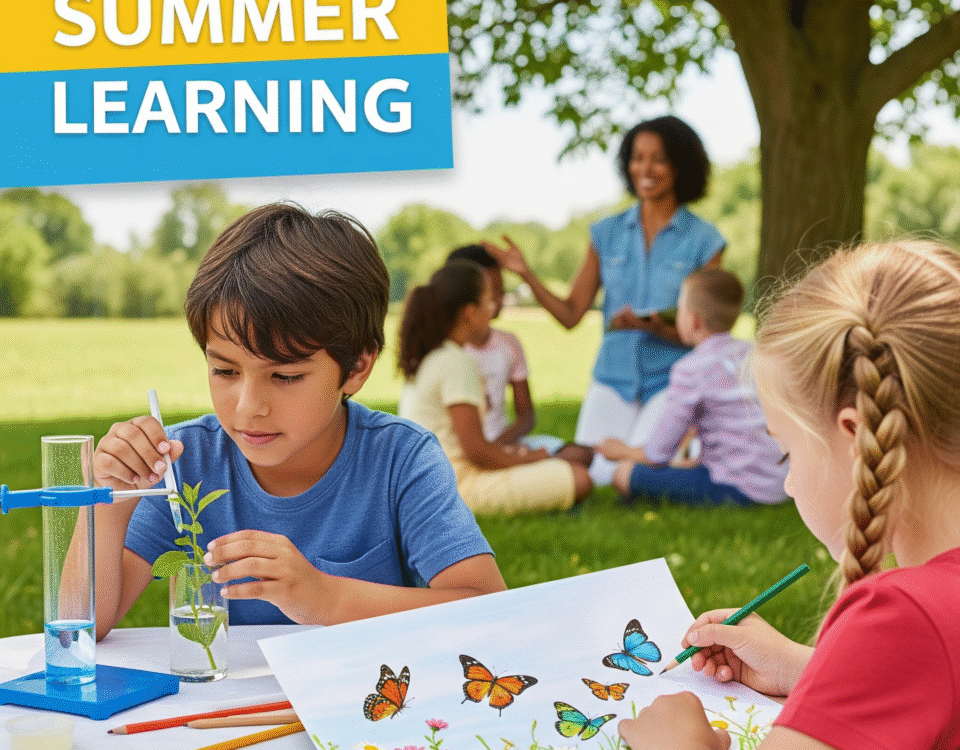- Have any questions?
- (561) 206-2574
- jamie@JamieTheTutor.com
The Importance of Mentorship in Children

Dyslexic Thinkers
October 19, 2023
Holiday Learning Activities: Make the Most of Your Winter Break!
December 12, 2023The Importance of Mentorship in Children

Mentorship is a powerful relationship between a more experienced adult and a younger person where the mentor provides guidance, support, and encouragement. Mentoring can have a profound impact on children’s lives, helping them to develop their full potential and achieve their goals.
Benefits of mentorship for children
There are many benefits to mentorship for children, including:
- Improved academic achievement: Mentees tend to have higher grades, better attendance, and higher graduation rates than non-mentored students.
- Increased self-confidence and self-esteem: Mentors can help children to develop a positive self-image and believe in themselves.
- Improved social skills and relationships: Mentoring can help children to learn how to communicate effectively, build relationships, and resolve conflict peacefully.
- Reduced risk of risky behaviors: Mentees are less likely to engage in risky behaviors such as substance abuse, delinquency, and early sexual activity.
- Increased career aspirations: Mentors can help children to explore their interests and develop career goals.
How to find a mentor for your child
There are many ways to find a mentor for your child. You can start by asking your friends, family, neighbors, or co-workers if they know someone who might be a good mentor for your child. You can also contact local mentoring organizations or schools to see if they have any mentoring programs.
When choosing a mentor for your child, it is important to consider the following factors:
- Shared interests: Mentors and mentees should have some shared interests so that they have something to bond over and talk about.
- Compatibility: The mentor and mentee should have compatible personalities and values.
- Commitment: Mentorship is a time commitment for both the mentor and mentee. It is important to find a mentor who is willing to commit to meeting with your child on a regular basis.
Tips for a successful mentorship
Here are some tips for a successful mentorship:
- Set clear goals: The mentor and mentee should work together to set clear goals for the mentorship relationship. These goals may be academic, social, or career-related.
- Meet regularly: It is important for the mentor and mentee to meet on a regular basis to build a relationship and work towards their goals.
- Be open and honest: Communication is key to a successful mentorship relationship. The mentor and mentee should be open and honest with each other about their expectations and needs.
- Celebrate successes: It is important to celebrate the mentee’s successes, both big and small. This will help the mentee to stay motivated and confident.
Mentorship is a valuable gift that you can give your child. It can help them to develop their full potential and achieve their goals. If you are looking for a way to support your child’s success, consider finding them a mentor.

